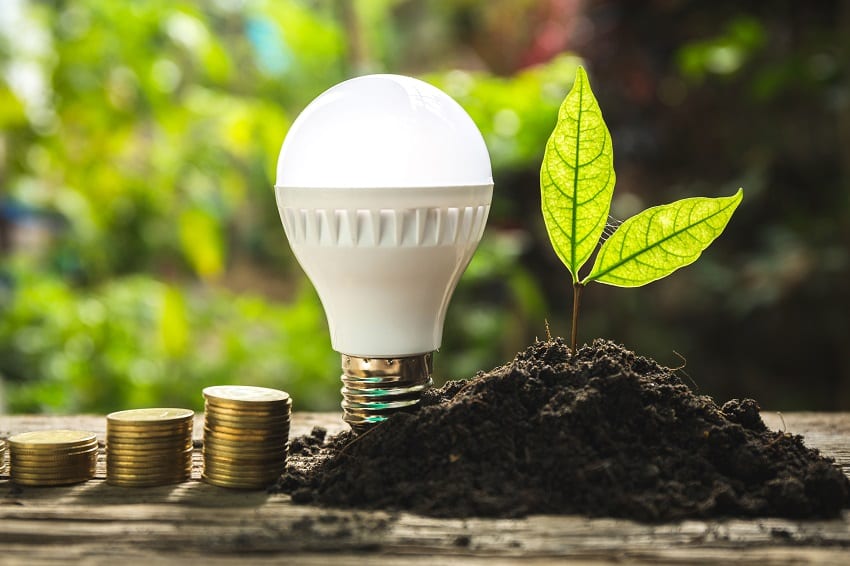
Minister of Energy, Small Business and Entrepreneurship, Kerrie Symmonds, has told participants in an international energy forum about Government’s efforts to strengthen this island’s energy resilience that would bring economic and social benefits.
Minister Symmonds; Deputy Premier and Minister of Home Affairs in Bermuda, Walter Rohan, and Minister for Climate Resilience, the Environment, Forestry, Fisheries and Disaster Management and Information, Simon Stiell, were participants in the New Energy Fifth Caribbean Infrastructural Forum Ministerial Roundtable on Investment in Island Resilience.
He reasoned that this country’s emphasis on making the energy sector more resilient would result in foreign exchange savings, environmental benefits in relation to climate change, employment of scores of Barbadians as independent power producers and investment opportunities from the build out of corporate endeavours in renewable energy, supply, maintenance, sustainability and related technologies.
When asked by moderator, Chief Executive Officer of Climate-Smart Accelerator, Racquel Moses, as to whether Barbados was measuring resilience through an energy lens or in a broader context beyond energy, Mr. Symmonds replied: “There are some critical issues of a developmental nature which Barbados just has to grapple with. The broader view of resilience is necessary in our judgement because of the fact that…we import fossil fuel into this country…. We are not an energy producer of any significance in terms of fossil fuel energy. We do have some minor operations in the island, but it is nothing of significance.”
He continued: “In any given year, our commitment by way of the importation bill is going to be between roughly BDS $450 million or at a ceiling of BDS $850 million…in terms of what we have to pay. The sum we are looking at is quite considerable and that is the point of departure when we think about the island’s vulnerability to external energy-induced shocks, and obviously, our vulnerability economically and our reliance on fossil fuels for our own development.”
The Energy Minister added that within recent times, the region had faced some devastating hurricanes and there had been cases where countries affected had experienced setbacks to their gross domestic product, in some cases by a decade.
He informed the panel that Barbados’ transmission and distribution infrastructure was largely above ground and though expensive, it is a situation that must be corrected before there is a serious atmospheric occurrence like a major hurricane.
